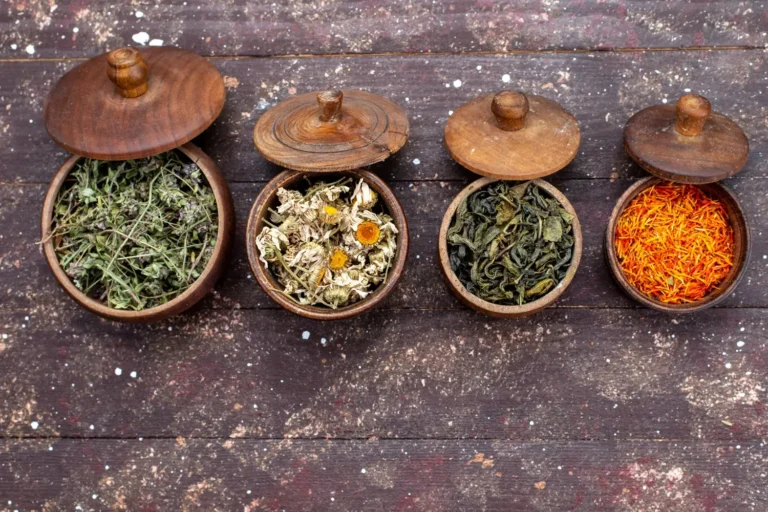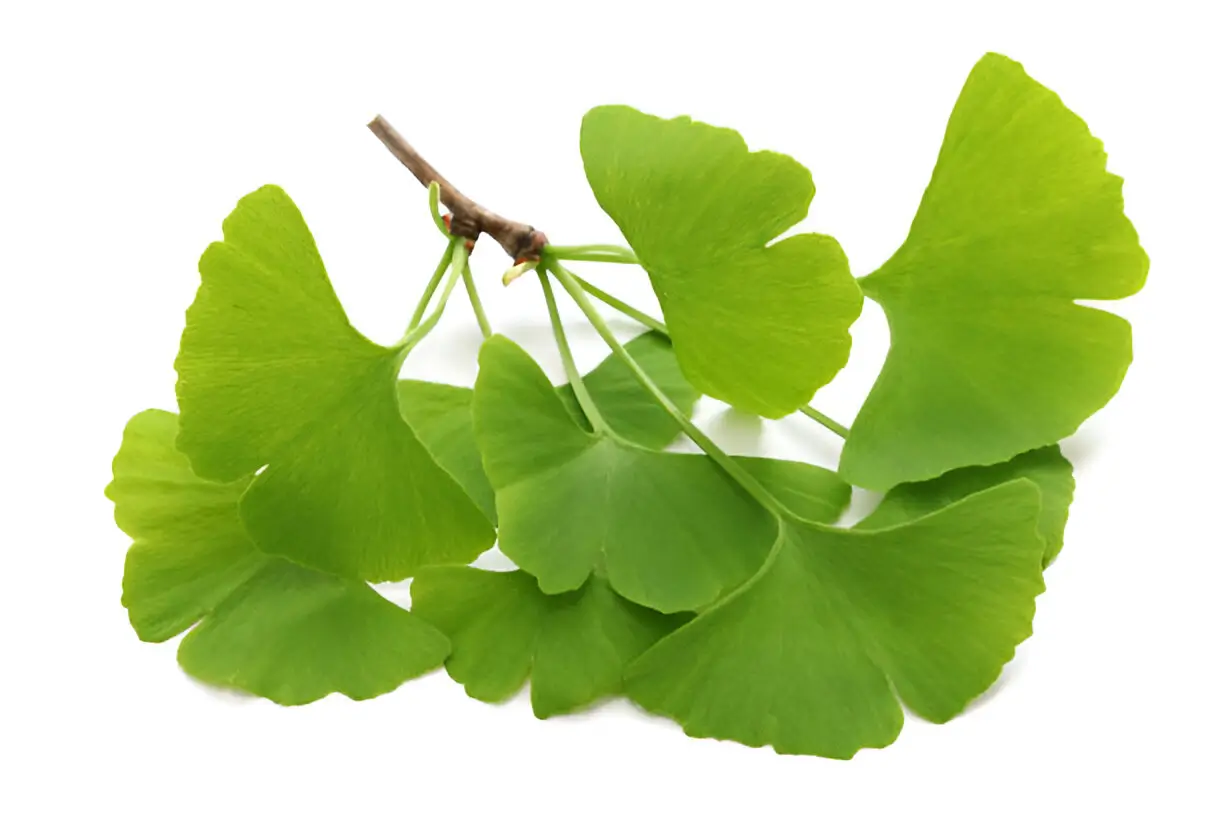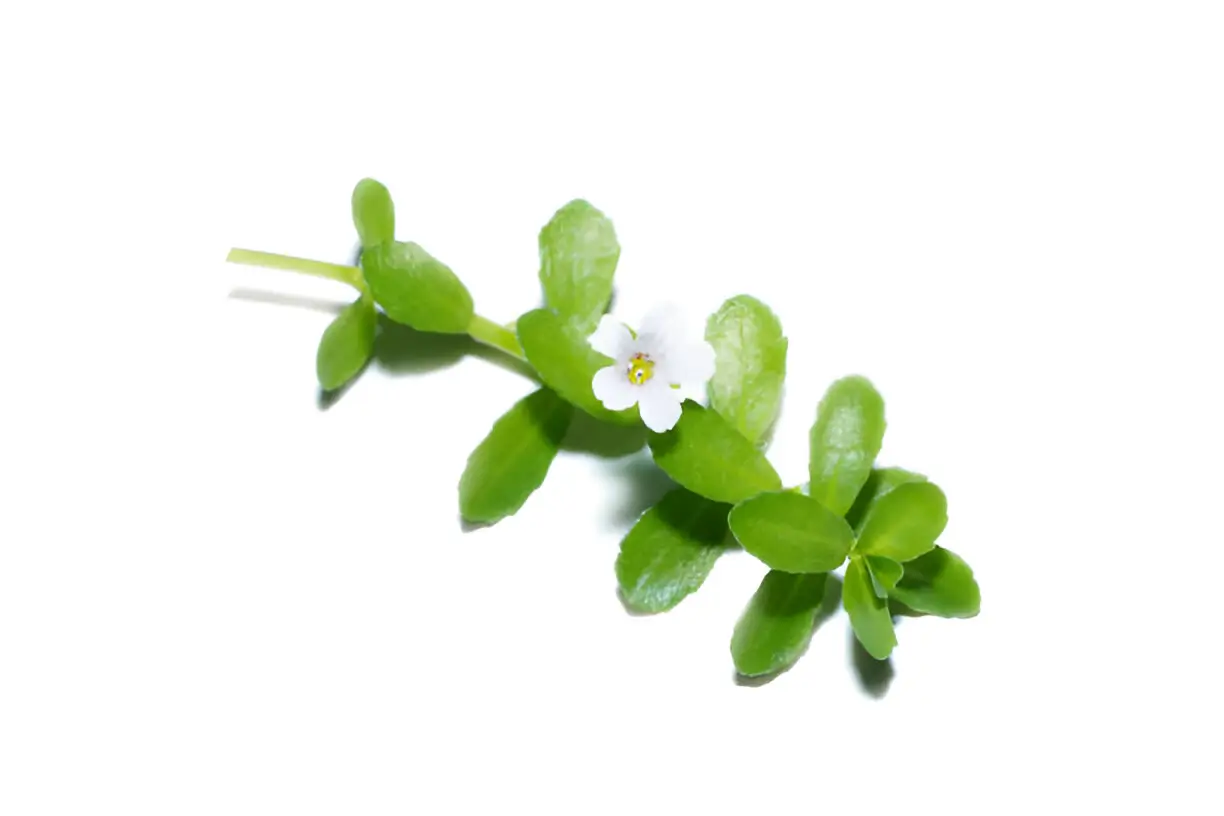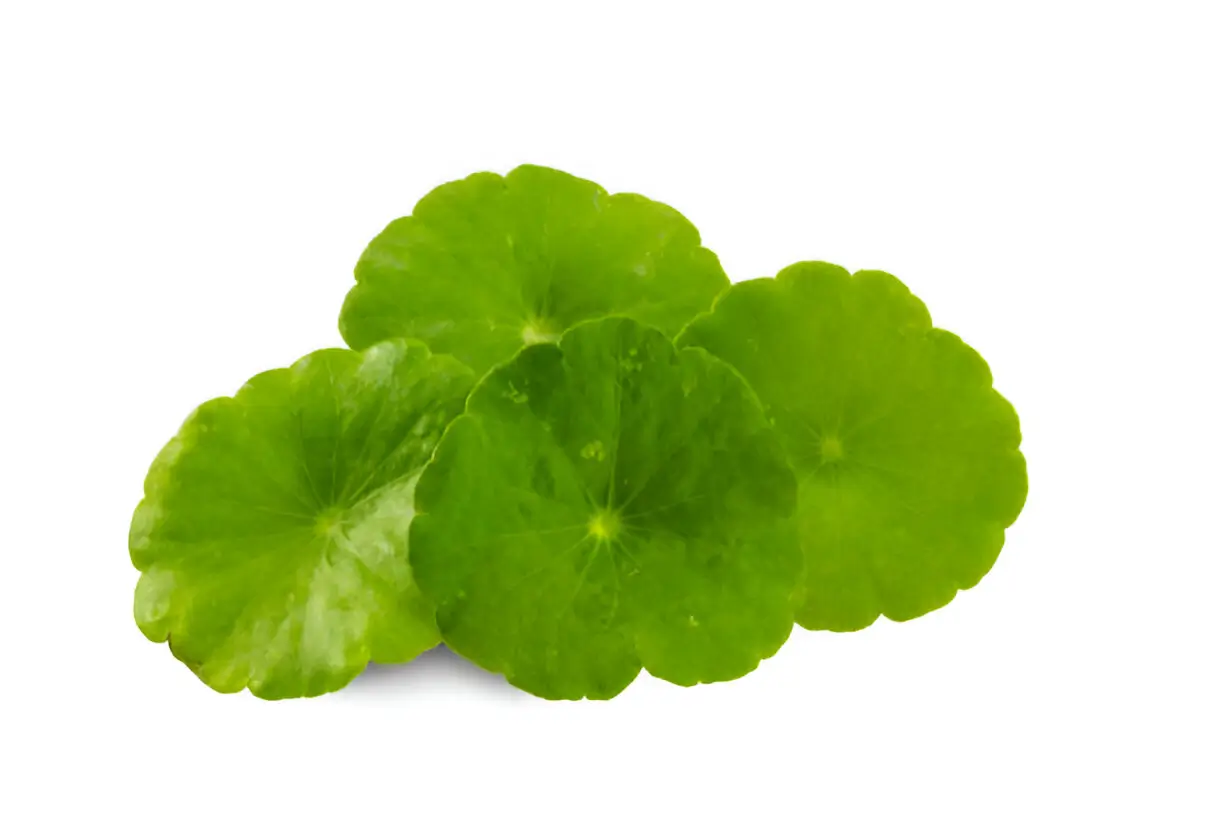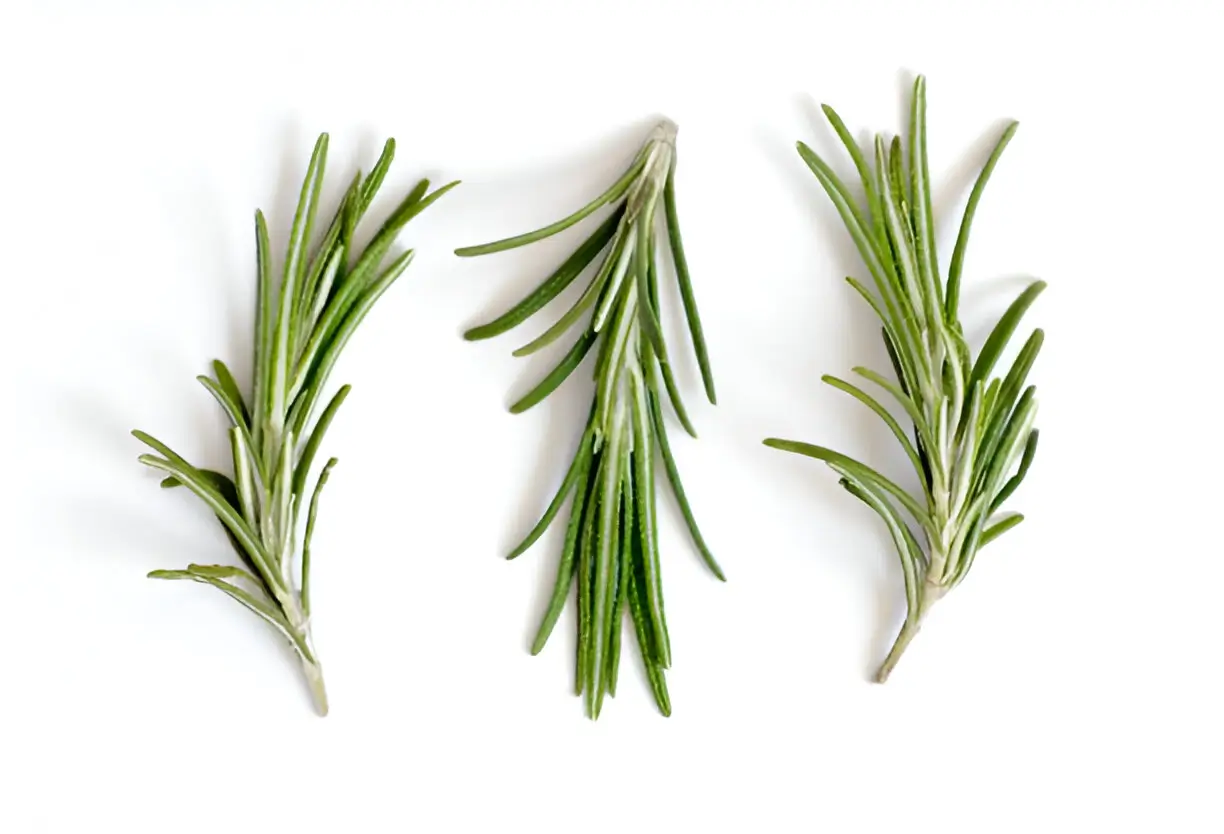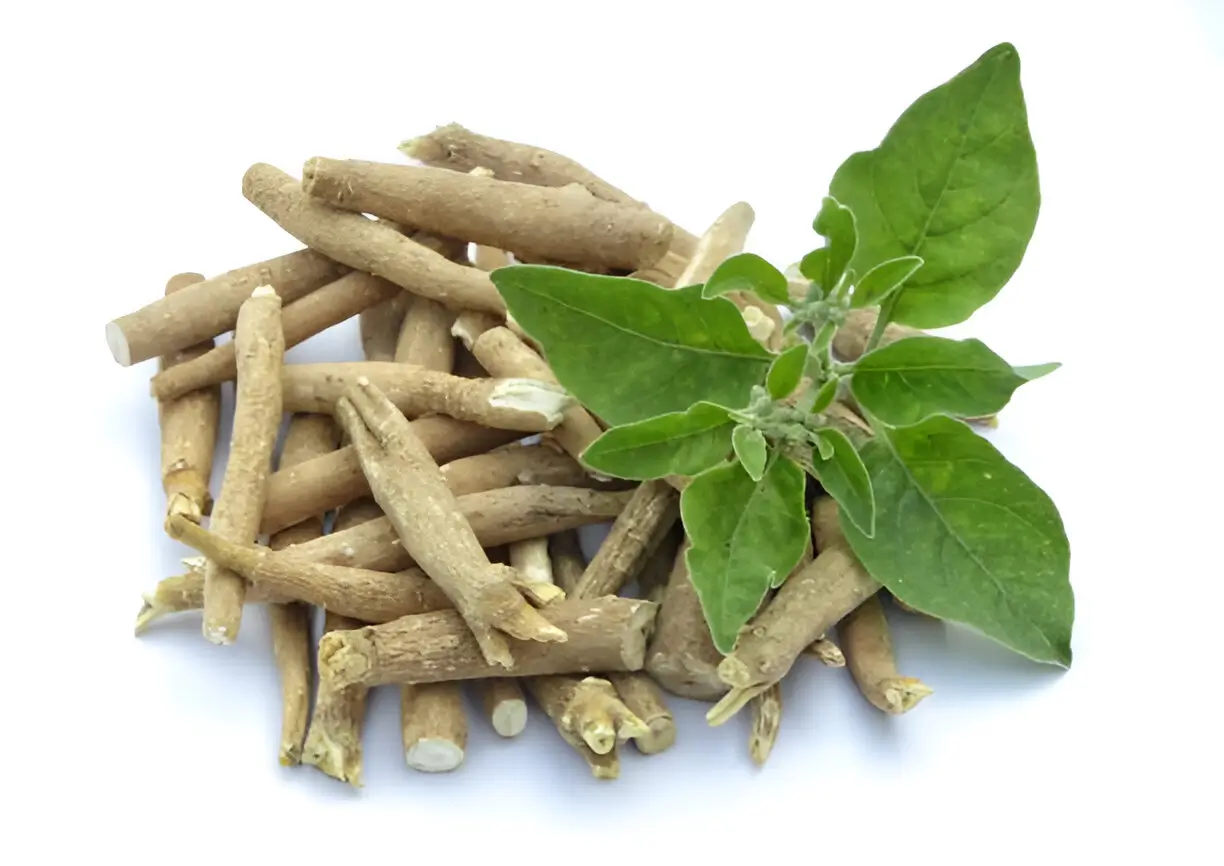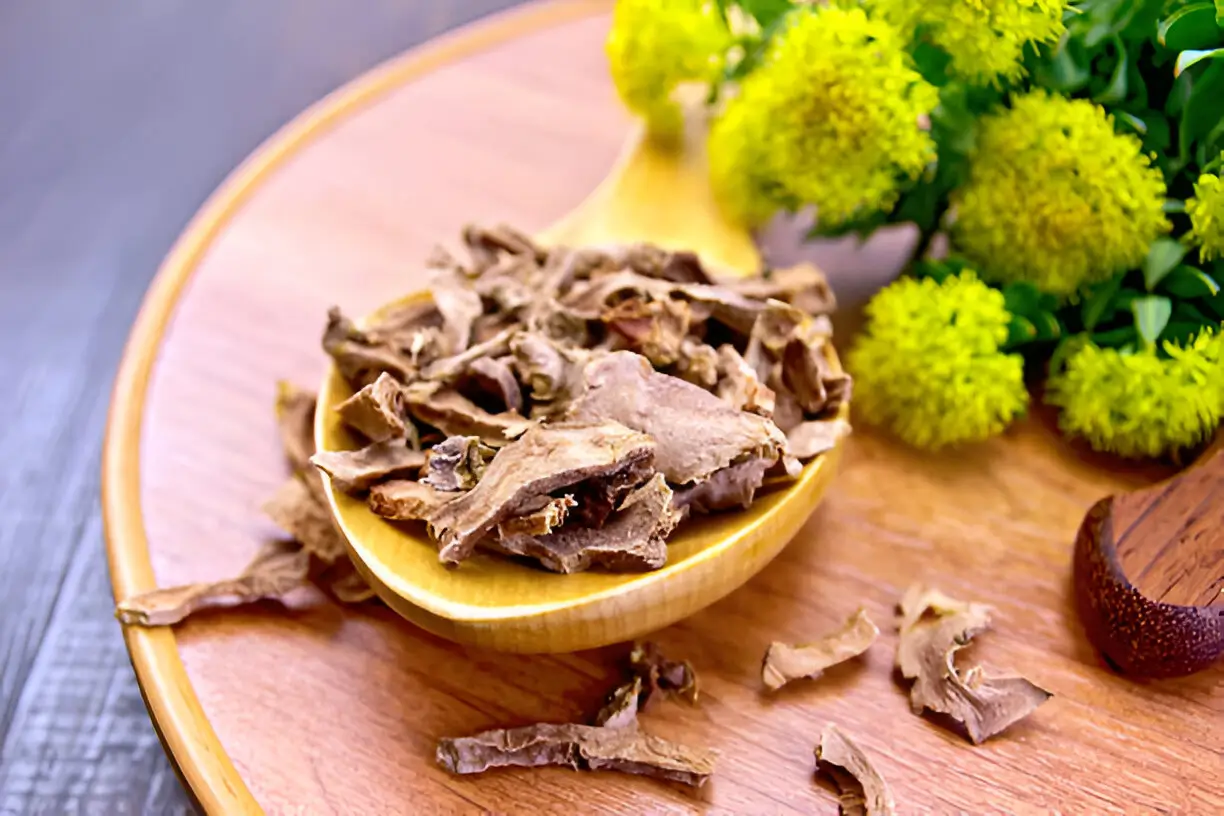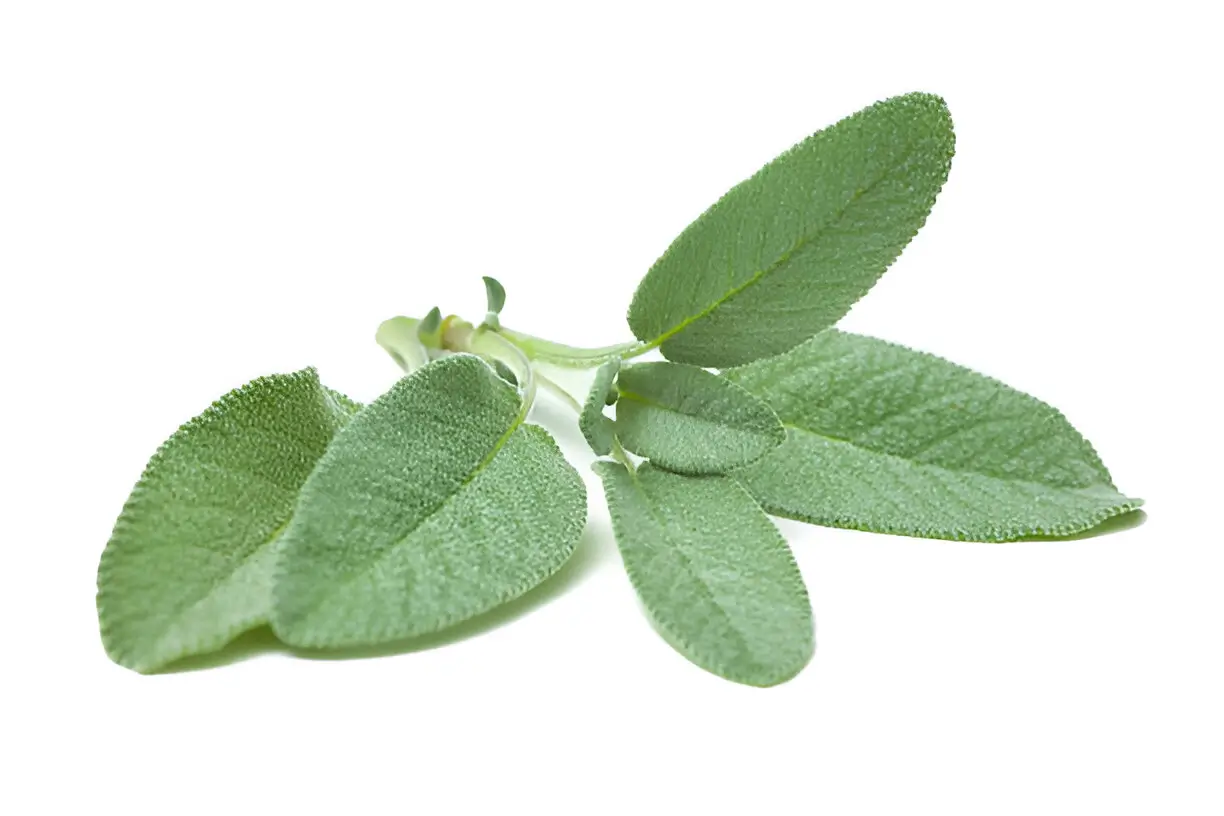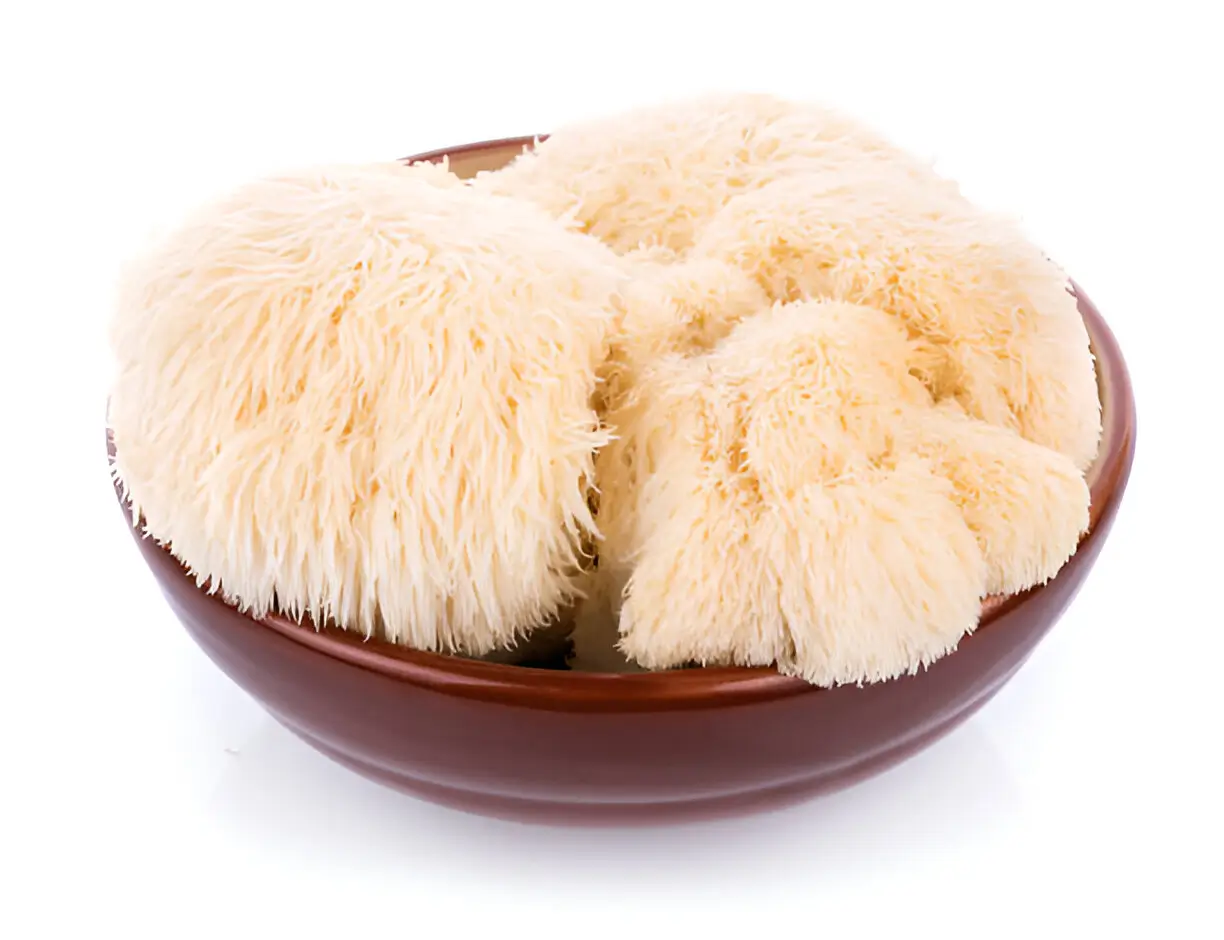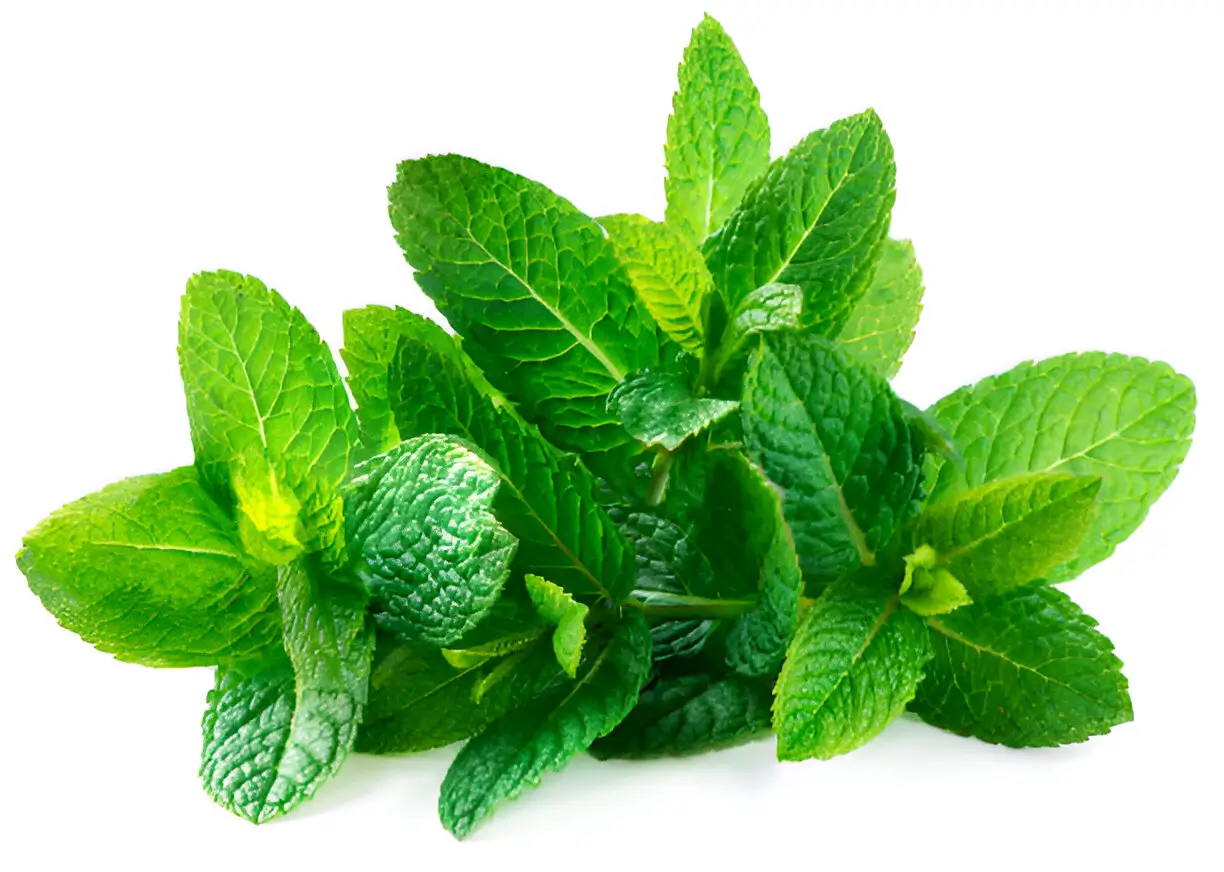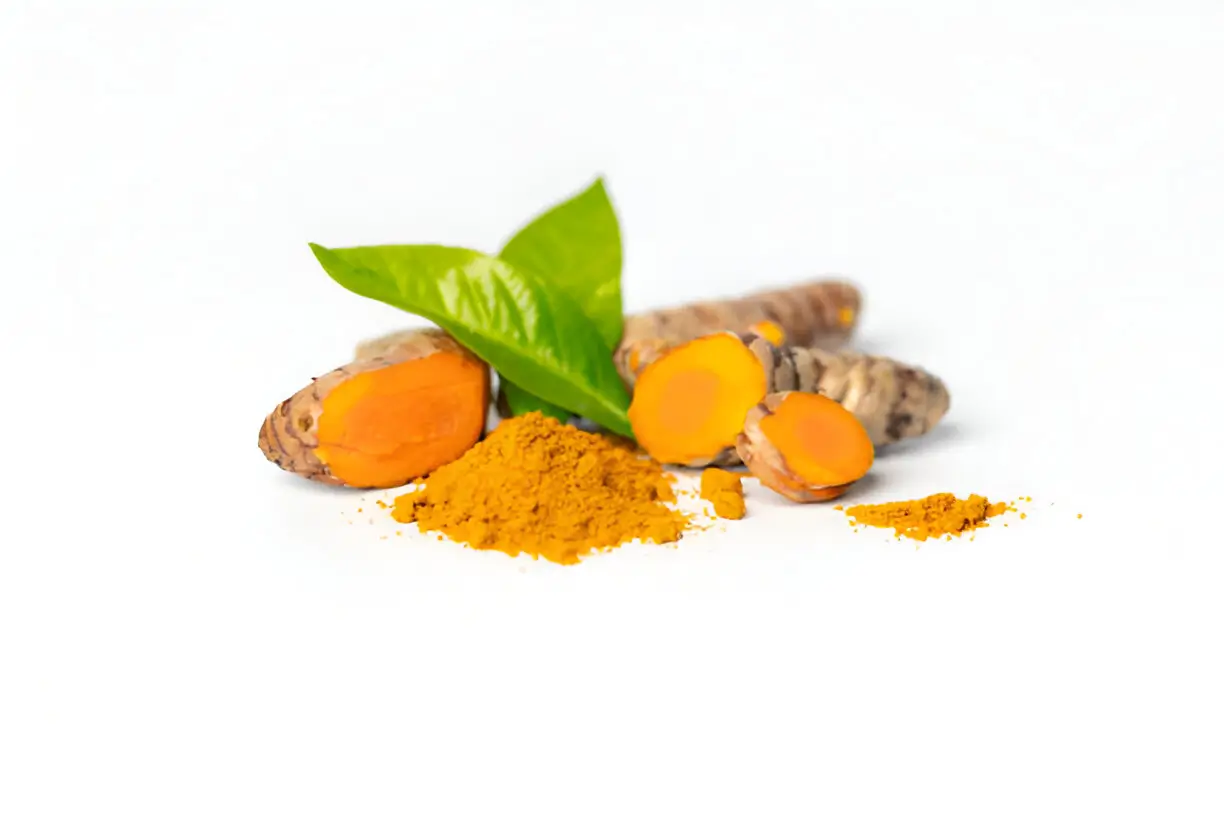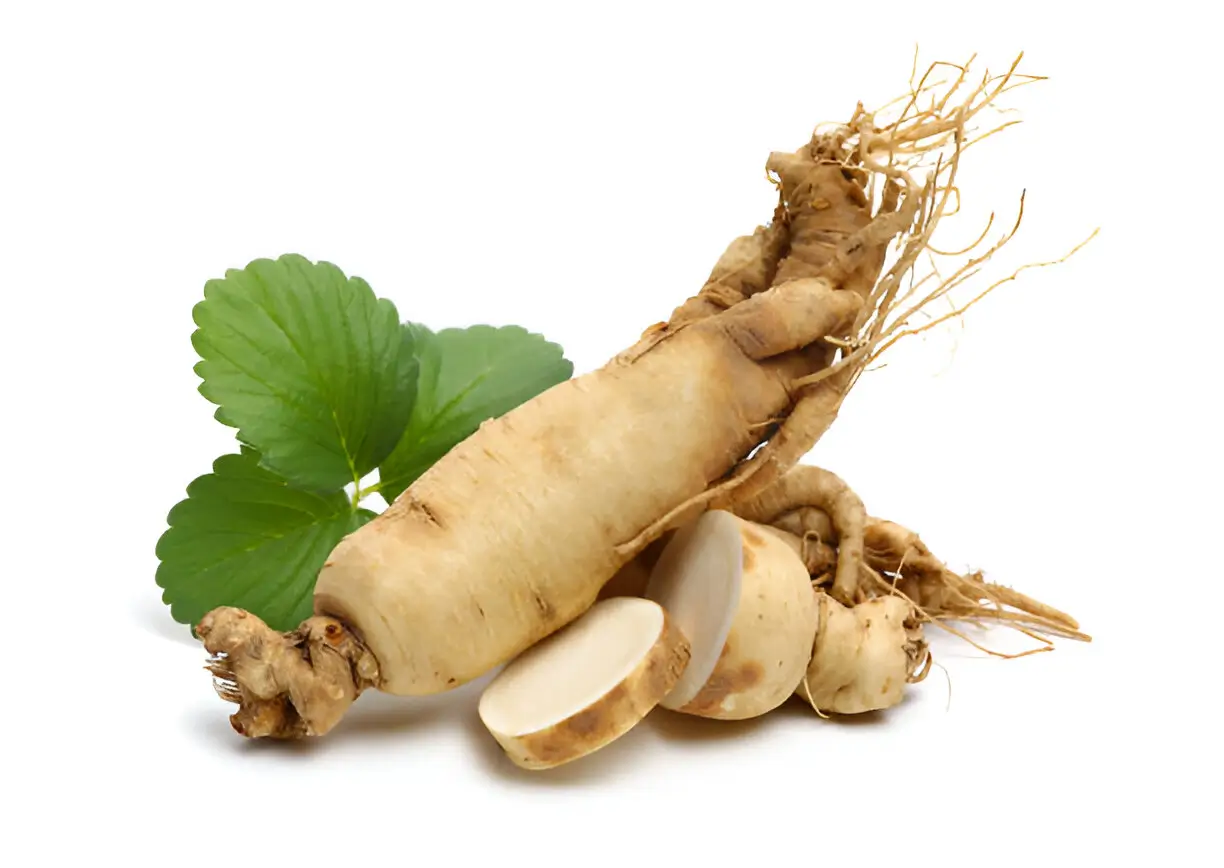We struggle with it every day, remembering Aunt Ella’s birthday, when to pick up the kids from soccer practice, or even why you walked into the kitchen (what did I come in here for?). We’ve all been there, time and time again, struggling with memory.
For most, these small hiccups cannot be blamed solely on aging. Often stress, anxiety, and preoccupation with powerful issues or problems can imbalance the mind and body, making simple tasks such as memory more difficult. Problems with memory often boil down to an inability to concentrate.
Rather than purchasing trademarked “memory boosters” from health food stores that claim to improve focus and concentration, try fixing the problem at its source by treating memory problems with pure herbs for memory. Many of these herbal remedies have been used for thousands of years, and can help promote concentration, focus and overall wellbeing.
How Herbs Support Memory and Brain Function
Some herbs for memory may help support memory and brain function in natural ways. They often contain antioxidants that protect brain cells and help with inflammation. Some herbs for the brain also improve blood flow, which brings more oxygen and nutrients to the brain. Others may help keep brain chemicals in balance, which is important for learning and focus. While herbs for brain cell regeneration aren’t a cure-all or replacement for medical treatment, they can be a simple, helpful addition to a healthy lifestyle that includes good sleep, exercise, and a balanced diet.
Top Herbs for Memory and Brain Health
If you’re looking for a natural way to support your memory and keep your brain working well, some herbs for brain fog might help. People have been using plants for centuries to stay focused, think more clearly, and protect the brain as they get older. Some natural herbs for memory are known for helping with things like brain fog, forgetfulness, or even just staying sharp during busy days. In the sections below, we’ll talk about some of the most well-known herbs that may support brain health and help you feel more clear-headed and focused when you need it.
1. Ginkgo Biloba
Ginkgo biloba is a popular herb for memory people use to help with memory and focus. It helps blood flow better to the brain, which means your brain gets more oxygen and nutrients. Some use it when they feel mentally foggy, have trouble concentrating, or notice memory isn’t as sharp with age. It’s also sometimes used for mild mood issues or early memory problems. You can take ginkgo as tea, drops, or capsules – usually up to three times a day. A lot of people like it as a natural way to stay mentally clear.
2. Bacopa Monnieri
Bacopa monnieri, also called Brahmi, is an herb people use to support brain health. It can help improve memory, focus, and make you think clearer. Some also take it to ease stress, calm anxiety, and support attention – especially helpful for people suffering from ADHD. It has lots of antioxidants, which protect your brain from damage over time. You can take it as tea, capsules, or drops, and people drink it up to three times a day. It’s often used as a natural way to stay sharp without harsh side effects.
3. Gotu Kola
Gotu Kola is an herb used in both Ayurvedic and Chinese medicine to support memory and brain function. Some call it the “herb of longevity” because it can protect brain cells from damage and help with focus and mental clarity. It can also improve blood flow, which can help the brain work better. People use it to support brain health as they age. You can drink it as a tea, take it as a capsule, or use a liquid extract – usually up to three times a day.
4. Rosemary
Rosemary is an herb that can be good for your brain. It helps get more blood flowing to your brain and may protect it from damage caused by stress or toxins. Even just smelling rosemary can potentially increase focus, mood, and memory. You can add dried rosemary to food or brew it as tea. The essential oil can be used in a diffuser or mixed with other oils and put on your skin. For a stronger dose, people take it as a capsule or liquid extract.
5. Ashwagandha
Ashwagandha, also called Indian ginseng or winter cherry, is an old herbal medicine remedy used for centuries in Ayurvedic medicine. It can help the brain stay sharp by protecting it with natural antioxidants. People take it to boost memory, focus, and thinking speed – especially if they feel foggy or mentally tired. Some research even shows it can help with attention and processing information more clearly. You’ll usually find ashwagandha in capsule, powder, or tea form, and many use it to feel more balanced during stress or burnout.
6. Rhodiola Rosea
Rhodiola Rosea is a root that grows in colder places like certain parts of Europe and Asia. People have used it for a long time in traditional medicine. It’s an adaptogen, which means it can help your body handle stress better. Some people use it when they’re feeling tired, overwhelmed, or mentally foggy, hoping it gives them a bit more energy and focus. You’ll usually find it in supplement form. Though the science behind its brain-boosting effects is still pretty limited.
7. Sage
People use Sage to support memory and focus. It can also help slow down memory loss, especially in older adults or those with Alzheimer’s. It seems to work by helping the brain keep more of a chemical called acetylcholine, which is important for remembering things. You can use sage in your cooking, drink it as tea, or take it as a supplement. It’s easy to add to your day and might make a real difference over time.
8. Lion’s Mane Mushroom
Lion’s Mane is a white, shaggy-looking mushroom that’s been used for centuries in traditional Chinese medicine. Today it’s used to help with memory, focus, and overall brain function. It may also support nerve healing and mental sharpness. You’ll often find it as a supplement or in tea form. Most people can take it without any problems, though a few may get mild stomach issues like nausea or discomfort. Consult your healthcare provider or herb practitioner before choosing this herb.
9. Peppermint
Peppermint is often used to help with focus, energy, and tired thinking. Just the smell of it can make you feel more awake and help you concentrate better. People also drink peppermint tea or use the oil to relax, ease headaches, or calm their nerves. It can help loosen up tight muscles and get blood flowing more smoothly, which helps the brain work better. You can sip it, breathe it in, or rub a little oil on your skin when you need a quick mental boost during the day.
10. Turmeric (Curcumin)
Turmeric is a yellow-orange root that’s often used in cooking, but it also has health benefits. The main compound in turmeric, curcumin, helps protect brain cells and lower inflammation. It may also help with memory and brain function, especially as we age. You can get turmeric by adding it to your meals, brewing it as a tea, or taking it as a supplement to support brain health and reduce damage from stress in the body.
11. Ginseng
Ginseng is a popular herb people use to support memory and keep their brain working well as they age. It has natural compounds called ginsenosides, which may help calm inflammation in the brain. It may also lower beta-amyloid levels – something that builds up in the brain and may lead to memory issues like those seen in Alzheimer’s. Many people drink ginseng tea or take it in capsules or drops to stay focused and clear-headed, especially as they get older.
12. Lemon Balm
Lemon balm is a calming herb that many people drink as tea to relax, sleep better, or ease anxiety. It may also help with memory and mental clarity. One of its key ingredients, called rosmarinic acid, helps protect brain cells by fighting inflammation and stress in the body. Taking 500 mg of lemon balm each day can potentially slow down memory problems in older adults – especially those without high blood pressure. It’s generally safe to use daily.
Best Ways to Take Herbs for Memory
Taking herbs for focus and memory can be helpful, but it’s important to use them wisely. Just because something is natural doesn’t always mean it’s safe or effective for everyone if used without proper dozing and professional advice. Everyone’s body reacts differently, so start slow and pay attention to how you feel.
Stick to the recommended amounts and be aware that herbs for memory loss can interact with medications or other supplements. Always check with a healthcare provider before choosing any new herbs for brain power. The best way to take herbs is with care, professional support, and a plan that fits your specific health needs.
Potential Side Effects and Precautions
Herbal supplements can offer various benefits, it’s important to be aware of potential side effects and precautions:
- Digestive Issues. Some herbs for brain, like ginseng or turmeric, can cause stomach upset, bloating, or diarrhea – especially in higher doses or when taken on an empty stomach.
- Allergic Reactions. Herbs for brain health like sage or lemon balm may trigger allergic responses in certain people. Symptoms might include skin rashes, itching, or even breathing difficulties in rare cases.
- Drowsiness or Fatigue. Herbs for brain function like lemon balm and ashwagandha can cause sedation or tiredness, especially when combined with other calming medications or supplements. Avoid taking them before activities that require full alertness.
- Blood Pressure Changes. Rhodiola and ginseng may affect blood pressure. People with high or low blood pressure – or those on medication – should consult a doctor before use.
- Hormonal Changes. Some herbs for memory and focus may influence hormones. For example, ginseng may not be suitable for people with hormone-sensitive conditions.
- Drug Interactions. Herbs for mental clarity like turmeric, sage, and ginseng can interact with medications like blood thinners, antidepressants, and anti-anxiety drugs, which could increase side effect risks or reduce drug effectiveness.
- Not Safe for Everyone. Pregnant or breastfeeding women, children, and people with certain medical conditions should be especially cautious. Many herbs for cognitive function haven’t been tested well enough in these groups.
- Quality and Purity Issues. Herbal supplements aren’t always regulated like prescription drugs. Poor-quality products might contain contaminants or not match what’s on the label. Always choose trusted brands and look for third-party testing when possible.
Conclusion
Herbs for memory and focus like ginseng, turmeric, sage, and lion’s mane may help with memory and brain health, but they’re not magic fixes. Some people feel a difference, others don’t – it really depends on your body. Just because something is natural doesn’t always mean it’s right for you. If you’re thinking about trying herbs, especially alongside other treatments or medications, it’s best to check with a healthcare provider first.
At Pulse Acupuncture, we offer more than herbs, but also evidence-based care designed to help both body and mind. Are you in need of acupuncture in Brooklyn or acupuncture in Clifton? Our team provides customized treatments to meet all your health needs. Massage therapy, acupuncture for back pain, even acupuncture for addiction – we focus on real solutions that help you feel and function better. If you’re ready in need of acupuncture that really makes you feel better – reach out to Pulse Acupuncture today.
Read also:
- Alternative Medicine: A Holistic Approach to Health
- Chinese Herbs for Fertility
- Chinese Herbs for Pain Relief
-
Marina Doktorman, M.S., L.Ac., is an experienced acupuncturist who obtained her Masters of Acupuncture from the Tri-State College of Acupuncture in New York City in 2001. During her studies, she focused on Chinese Herbology, a branch of Traditional Chinese Medicine (TCM) that utilizes herbs to complement acupuncture treatments. Marina is licensed in both New York (NY) and New Jersey (NJ) and holds a Diplomate of Acupuncture from the National Certification Commission for Acupuncture and Oriental Medicine (NCCAOM), indicating her expertise in the field.


